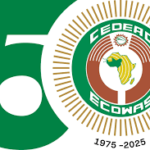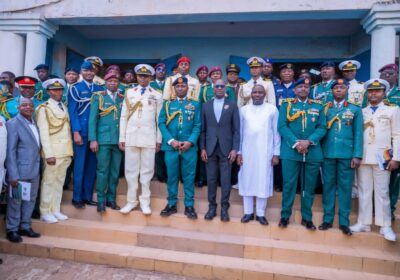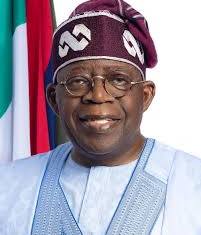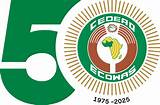ECOWAS Has No Legitimacy Question: A Response to Cynics.
By Raymond Enoch
The Economic Community of West African States (ECOWAS) is said to stand at a crucial moments of its history, as it seeks to reinforce its authority, foster regional integration, and drive economic prosperity.
With five decades of its existence, the institution has positioned itself as a formidable pillar in ensuring development, peace, and security in West Africa. However, as with any mega institution, ECOWAS in the wake of recent political instability occasioned by military takeovers in it’s three member states, it calls for critical examination.
The African continent has developed an intricate network of institutions dedicated to regional cooperation. The Organization of African Unity (OAU), now the African Union (AU), has been instrumental in promoting Pan-Africanism and addressing continental challenges. The United Nations (UN), on the other hand, continues to provide a global framework for governance, conflict resolution, and development. Regional Economic Communities (RECs) such as ECOWAS, the Southern African Development Community (SADC), and the East African Community (EAC) have long established themselves as entrenched institutions of authority, responding to the needs of their respective regions.
Each of these institutions has evolved uniquely, guided by their foundational principles and adapting to emerging political, social, and economic realities. In the case of Africa, the African Union Commission (AUC) collaborates with these RECs, ensuring that their mandates align with continental aspirations. Similarly, ECOWAS operates within its framework to enhance economic cooperation, security, and governance in West Africa.
Recent military coups in Burkina Faso, Niger, and Mali have ignited debates over the role of ECOWAS in upholding democratic governance. Each of these takeovers arose under different circumstances, yet they share a common thread—an abrupt departure from constitutional rule.
ECOWAS swiftly condemned these military interventions, demanding an immediate return to constitutional governance. This response aligns with the ECOWAS Protocol on Democracy and Good Governance, which explicitly prohibits unconstitutional changes in government without legitimate elections. Despite criticisms, this stance is not only legitimate but necessary in preserving democratic institutions and ensuring regional stability.
However, ECOWAS’ legitimacy does not rest solely on its reaction to political upheavals. The institution must also engage in preemptive measures to address the root causes of such crises—poverty, unemployment, weak governance, and citizen disenfranchisement. While ECOWAS has taken significant steps to foster economic cooperation, more proactive efforts are needed to prevent the socio-political conditions that lead to instability.
For ECOWAS to further maintain and reinforce its legitimacy, in the next decades it must adopt a multifaceted approach:
Enhanced Economic Integration: Economic disparities across the region fuel dissatisfaction and create conditions ripe for unrest. ECOWAS must accelerate efforts to implement its single currency project, the ECO, and promote cross-border trade and industrialization.
Security and Counterterrorism Measures: The rise of extremist groups in the Sahel region has further complicated the security landscape. ECOWAS should strengthen regional security frameworks and enhance collaboration with international partners to combat terrorism and insurgencies effectively.
Democratic Strengthening: Beyond condemning coups, ECOWAS should support member states in fostering inclusive governance, ensuring electoral integrity, and promoting civic participation. Investing in democratic institutions will create an environment where military interventions become unnecessary.
Addressing the concerns of marginalized groups, particularly the youth and women, is vital. By creating more opportunities for education, employment, and political participation, ECOWAS can mitigate discontent and foster a sense of regional belonging.
ECOWAS remains a crucial force in West Africa’s pursuit of stability and economic progress. While challenges persist, questioning its legitimacy overlooks the indispensable role it plays in shaping the region’s future. Through strategic diplomacy, adaptive governance, and a firm commitment to democratic principles, ECOWAS can reaffirm its authority and strengthen regional unity.
The coming months will be critical in determining whether the countries of Mali, Burkina Faso and Niger can sustain military rules in their countries or negotiate their return to the legitimacy of ECOWAS so collectively can sustain its vision of integration and growth. Its legitimacy is not in question; rather, it is its ability to evolve and meet the demands of a changing geopolitical landscape that will define its already entrenched legacy.









